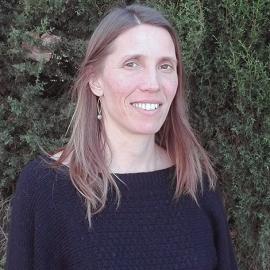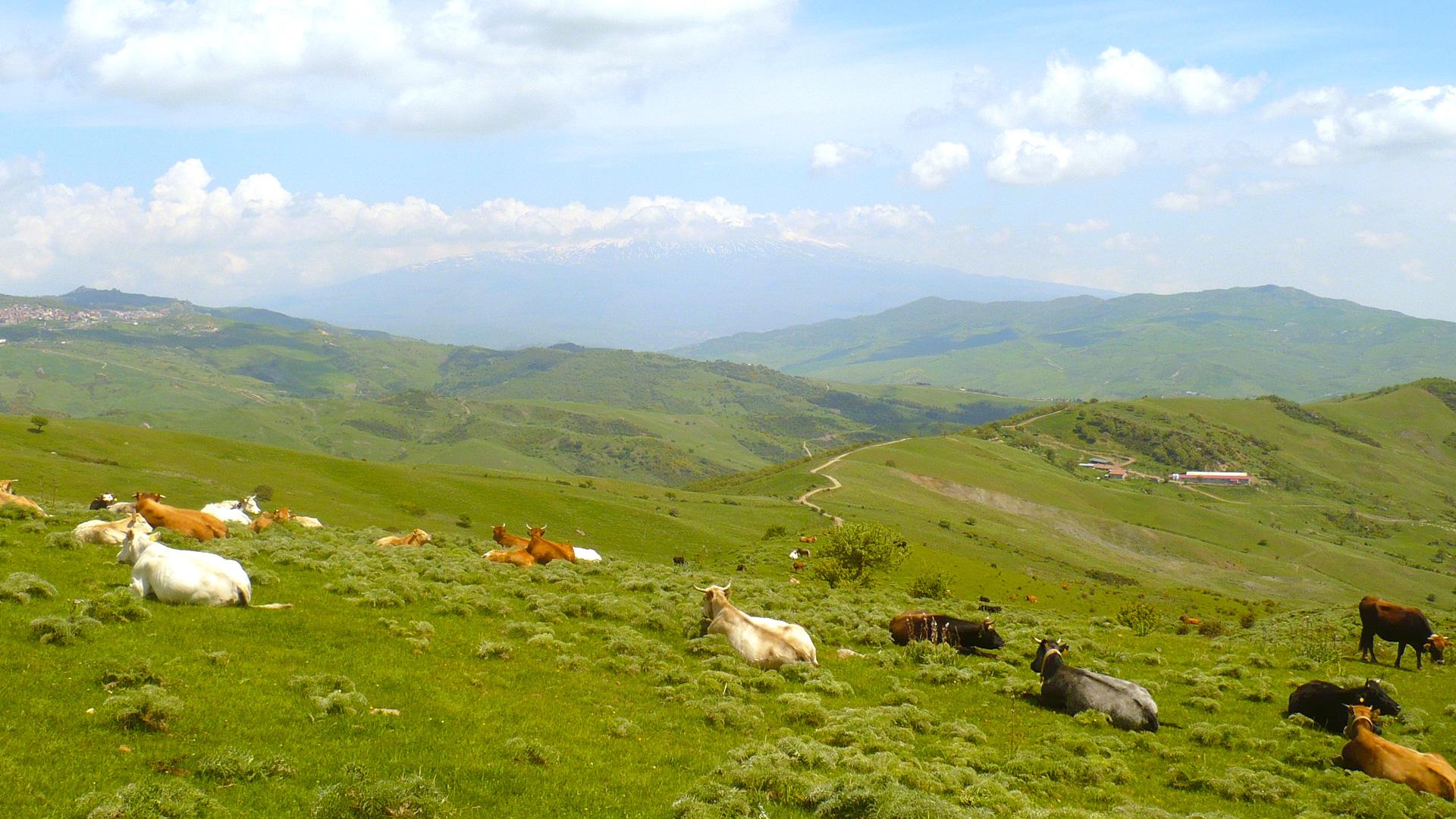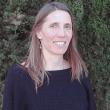Train engineers who are open to the world and able to invent innovative livestock farming systems.
|
What type of training ? |
une formation diplômante, sous statut étudiant |
|---|---|
|
For who ? |
étudiant titulaire d'un diplôme français, étudiant international |
|
Where ? |
l'Institut Agro Montpellier |
Objectives
This option on livestock farming and pastoralism places a heavy emphasis on field work. It aims to train engineers who will be able to innovate and respond to the following related issues:
- zootechnical production
- land use
- stakeholder strategies
- development of animal products
- changes taking place in different sectors
Themes
- precision farming, ICT
- agronomy, agroecology
- agriculture and rural development, farms and farm organizations
- lifestock systems, pastoralism
- Mediterranean and tropical countries
- agricultural and environmental policies
-
Programme
Number of ECTS credits : 60
Language of instruction : In French
The Livestock Farming Systems option offers the opportunity to study in depth the following issues from a thematic and methodological perspective:
- evolution of livestock farming activities, conceptual and methodological bases for the analysis of livestock farming systems,
- diagnosis of the dynamics and diversity of livestock farming activities at the territorial scale: analysis of the capacity of a territory’s farms and livestock sector to create wealth, to distribute it equitably and to sustainably maintain the environment,
- issues specific to intensive livestock farming systems in tropical regions aiming at high productivity per animal,
- foundations of pastoralism: pastoral societies, livestock farmers and herders, biological supports of agro-pastoral farming, roles of diversity in pastures and herds, complexity of agro-pastoral livestock systems, current challenges and threats,
- digital livestock farming with a concrete project to develop a digital tool.
Part of the curriculum is devoted to the preparation of a literature review and a response to a request from an outside structure (promotion project). Session on how to prepare to enter the job market also are included in the programme.
The Livestock Farming Systems option draws from real life scenarios (case studies, surveys, mini-projects, etc.) for a total time in the field of 20 to 30 days. Field work is carried out in diverse geographic areas and focuses on different types of livestock and sectors.
Internships
The internship accounts for half of the training programme in the 3rd year (compulsory, 6 months, 30 ECTS). It takes place in a professional structure (professional agricultural organization, company, territorial planning and management structures, research institution, international cooperation structures, etc.), in France or abroad.
It is intended to reinforce the skills acquired during the first semester and to develop new ones, related to the professional environment in which the student is working and to the type of livestock farming activities and / or territories concerned.
Many internship offers come through the teaching team’s network. For example, a selection of internship topics chosen by students in previous years:
- feeding systems
- pastoralism
- dairy sectors - equine - aquaculture
- analysis of territories
- animal behaviour
- farm sustainability
-
Admission
The 3rd year option is open, after review by the admissions committee, to students who have validated the M1 level (first year of a master's program) and come from:
- an international partner institution in the context of academic mobility (earning credits)
- a school of agriculture under the French Ministry of Agriculture and Food (See Ecole des groupes Ingénieurs) or the Ministry of Higher Education for Research and Innovation
- or a French institution with which Montpellier SupAgro has signed an agreement
Application forms may be obtained from the educational directorate of your institution.
Students who have not validated the 2nd year (M1) of the Montpellier SupAgro Agricultural Engineer course are not awarded a diploma at the end of the 3rd year of the training program.
-
Careers
Activity sectors (partial list) that can accommodate engineers who have taken this option:
- livestock farming development and consulting
- territorial development
- animal feed
- animal genetics
- research
- teaching...
Types of organizations:
- professional agricultural organizations: technical institutes, breeders' syndicates, Chambers of Agriculture, health protection groups ...
- companies in the livestock sector: cooperatives, producer groups, private companies (agro-supplies, agribusiness, etc.), consulting firms ...
- territorial development and management structures: national parks or regional nature parks, local authorities...
- training and research structures
- international cooperation structures: development organizations, NGOs, European or international institutions...
Positions targeted:
- advisor, facilitator, consultant
- research engineer, project leader, project manager
- trainer, teacher, teacher-researcher, researcher
Director of studies
-

Claire AUBRON
Lecturer
- Department of Environment, Production, Resources and Systems
- UMR Mediterranean and Tropical Livestock Systems (SELMET)
- l'Institut Agro Montpellier
Email : claire.aubron@supagro.fr
Phone : +33 (0)4 99 61 22 65
Phone : +33 (0)4 99 61 22 65
2nd phone : +33 (0)4 99 61 29 06
2nd phone : +33 (0)4 99 61 29 06
Partners
Place
L'Institut Agro Montpellier
Campus de La Gaillarde
2 place Pierre Viala
Montpellier
Key features
- Scientific environment recognized in France and internationally
- Active training with an emphasis on the field: meetings, interviews and surveys of livestock farmers and other professionals in the livestock sector
- Achievement of an independent 6-week project in response to the request of a professional structure
- Learning or building skills in project management and group facilitation
- Between a quarter and a third of the graduating class find a job before the end of the internship
Fees
€1,831 or €4,449* (see conditions, in French) + €100 Contribution Vie Etudiante et de Campus (CVEC) administrative fee
* Tuition fees for non-European Union students enrolled in regular programs (excluding those in priority solidarity zone, international agreements, re-enrollments, refugee students, and dependent students).
Contacts
L'Institut Agro Montpellier
2 place Pierre Viala
34060 Montpellier - France
Tél. : +33 (0)4 99 61 22 00 Tél. : +33 (0)4 99 61 22 00
Fax : +33 (0)4 99 61 29 00
contact@supagro.fr
















